Reading comprehension Normal Social Studies Worksheets for Ages 4-7
43 filtered results
-
From - To
Enhance your child's learning journey with our Reading Comprehension Normal Social Studies Worksheets designed specifically for ages 4-7. These engaging worksheets combine fundamental social studies concepts with age-appropriate reading exercises, fostering essential comprehension skills in young learners. Each activity encourages critical thinking, vocabulary building, and an understanding of the world around them. Featuring colorful visuals and relatable themes, these worksheets make learning fun and interactive. Perfect for both classroom and home use, our resources empower children to explore their social environment confidently. Download now to inspire curiosity and encourage a love of reading while grounding them in important social studies knowledge!


Services Worksheet
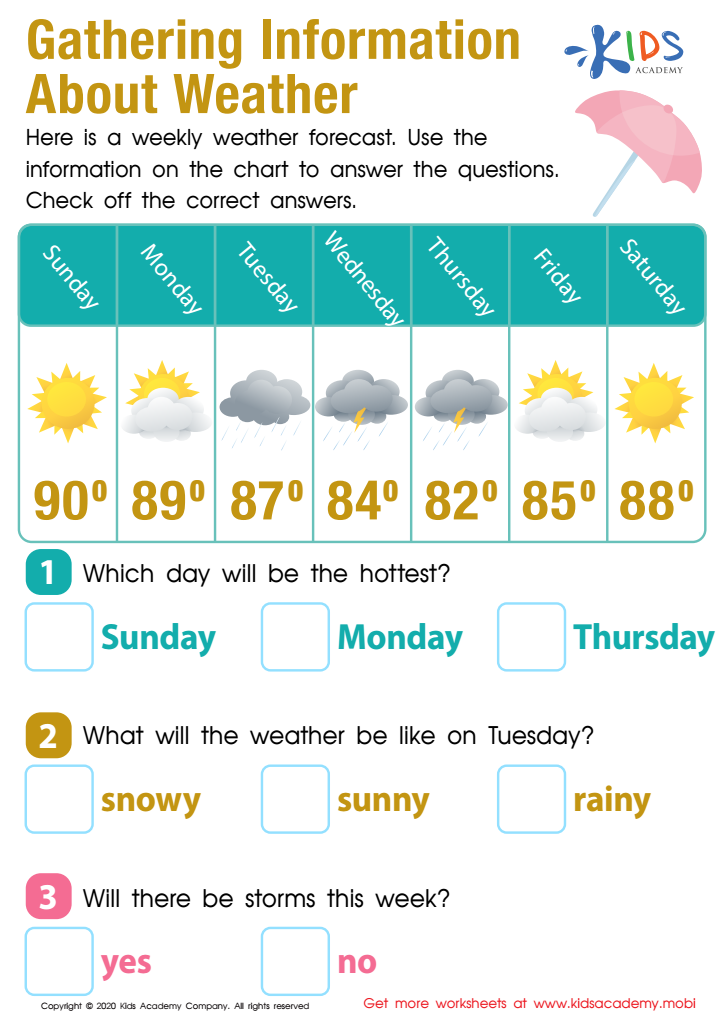

Gathering Information About the Weather Worksheet
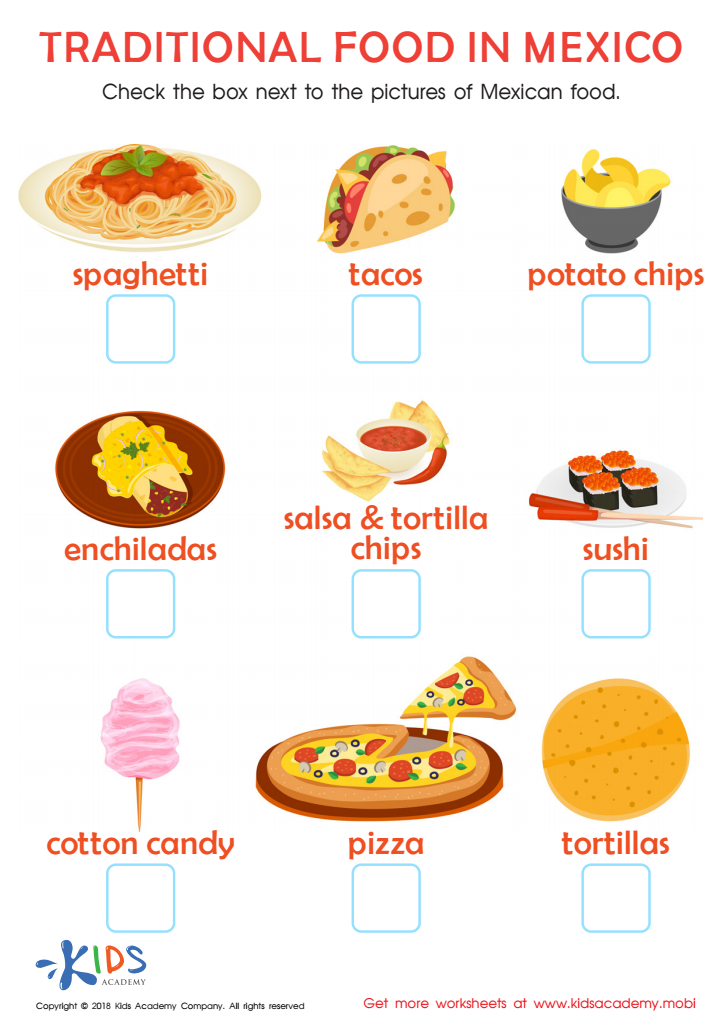

Traditional Food in Mexico Worksheet
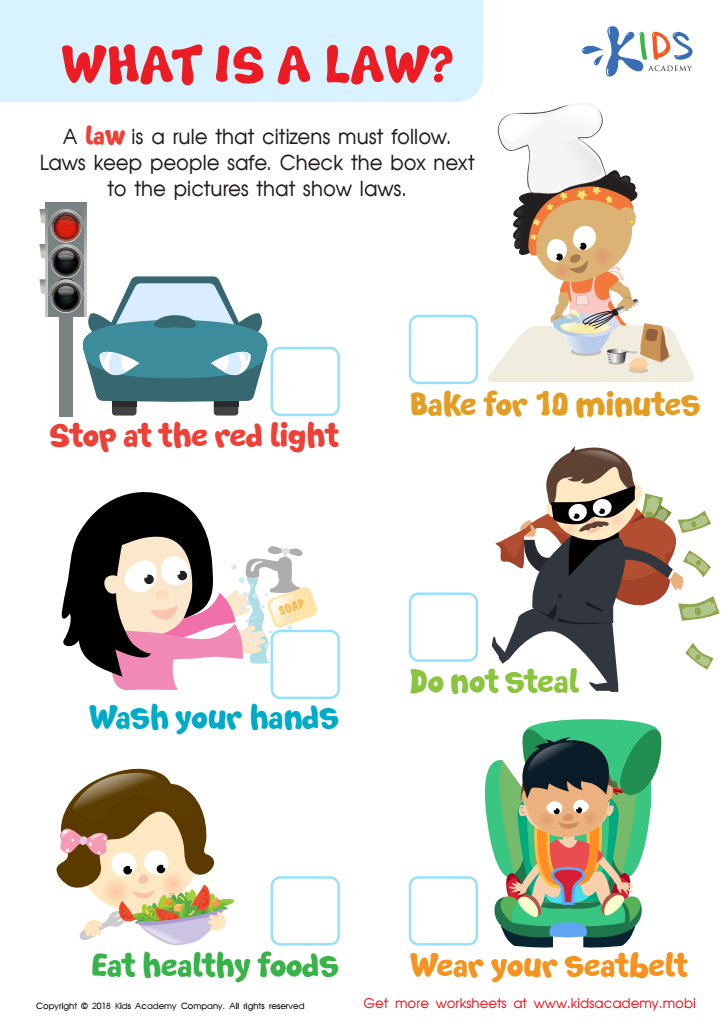

What is a Law? Worksheet
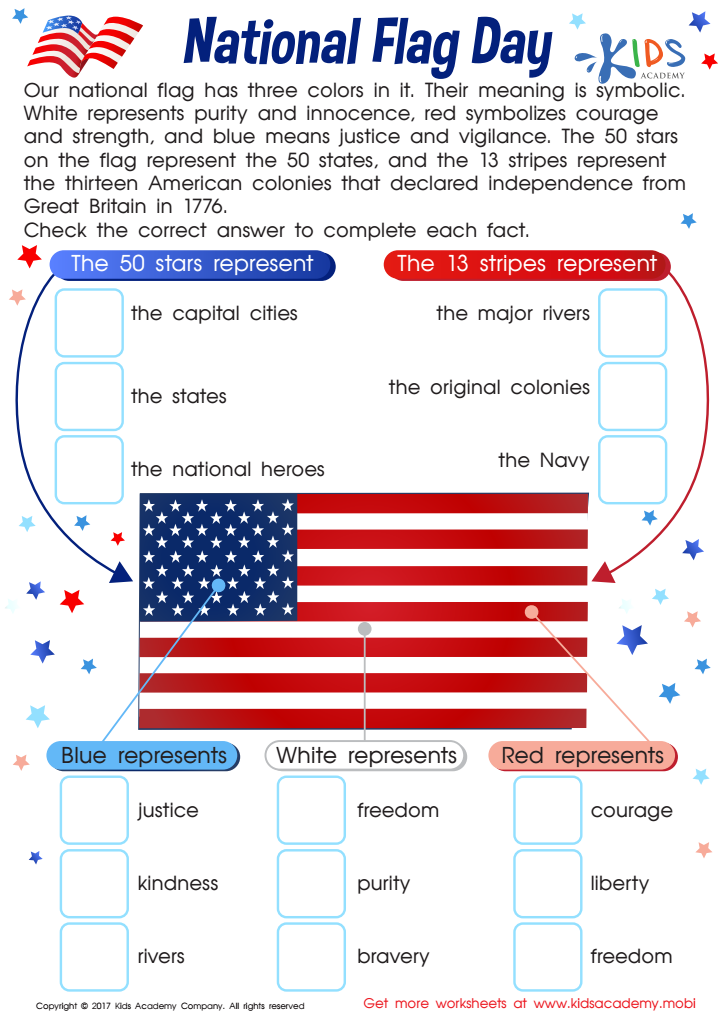

US National Flag Day Worksheet
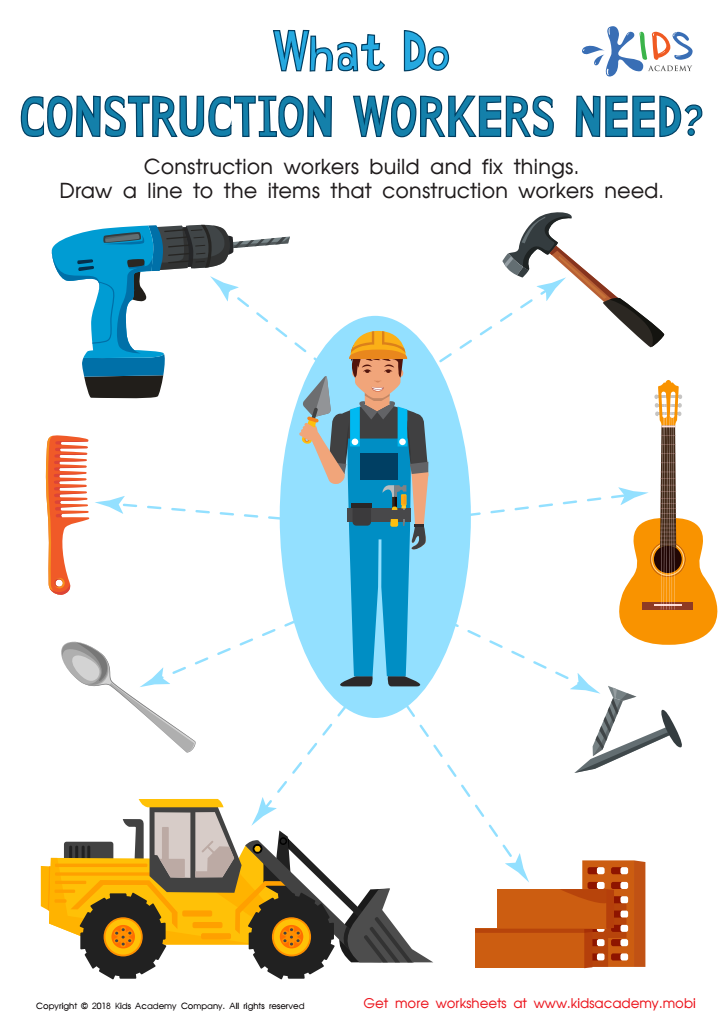

What Do Construction Workers Need? Worksheet
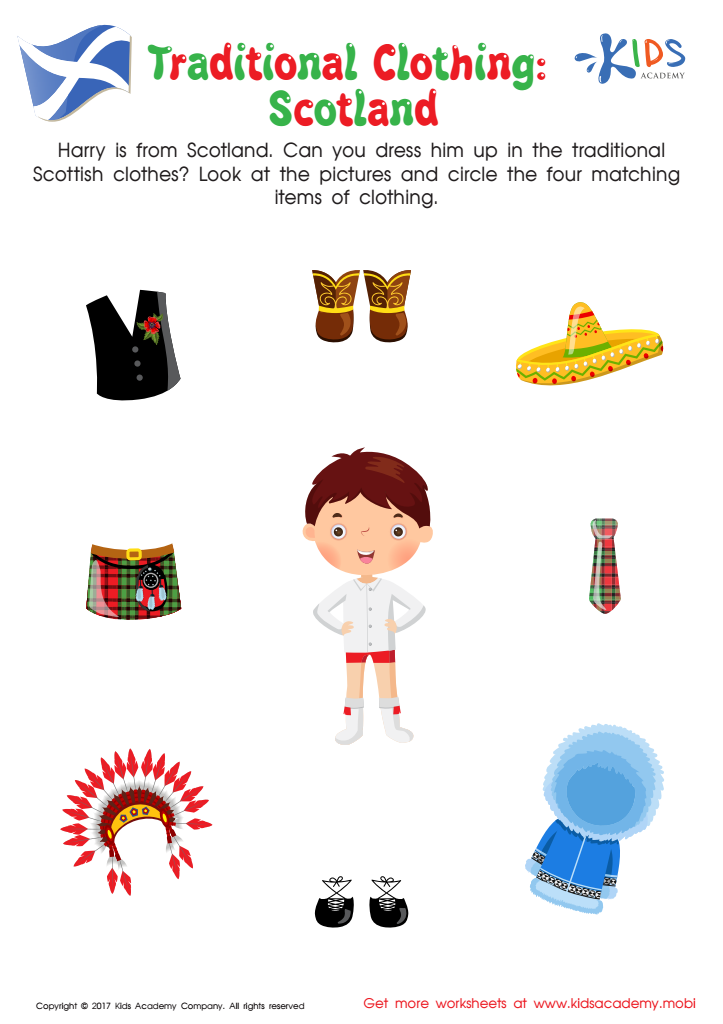

Traditional Clothing in Scotland Worksheet
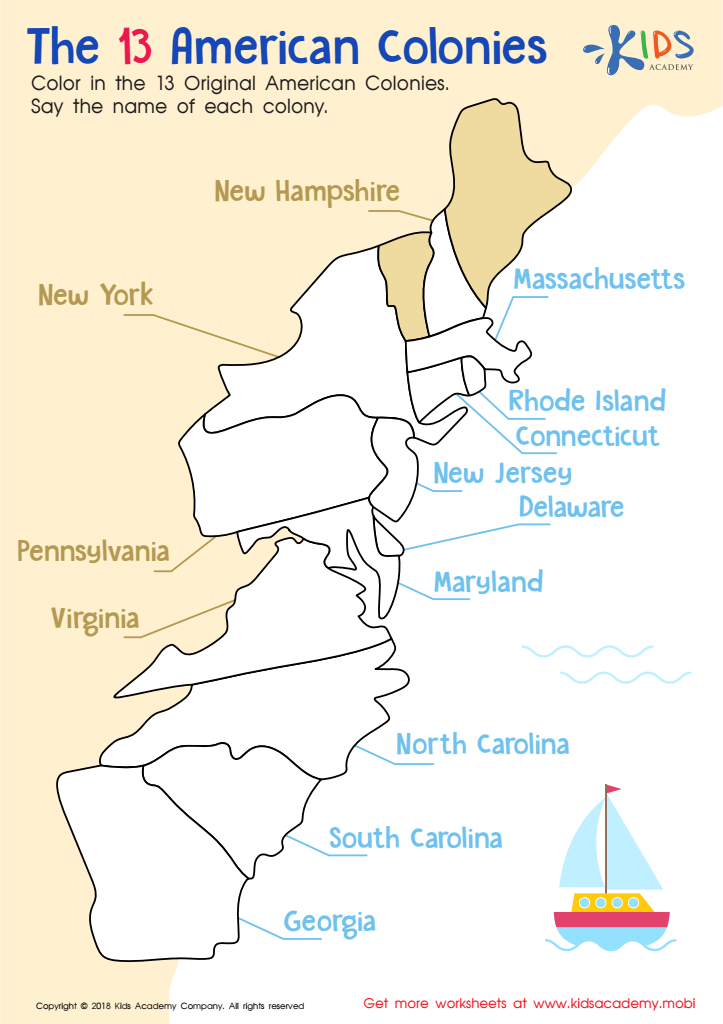

The 13 American Colonies Worksheet
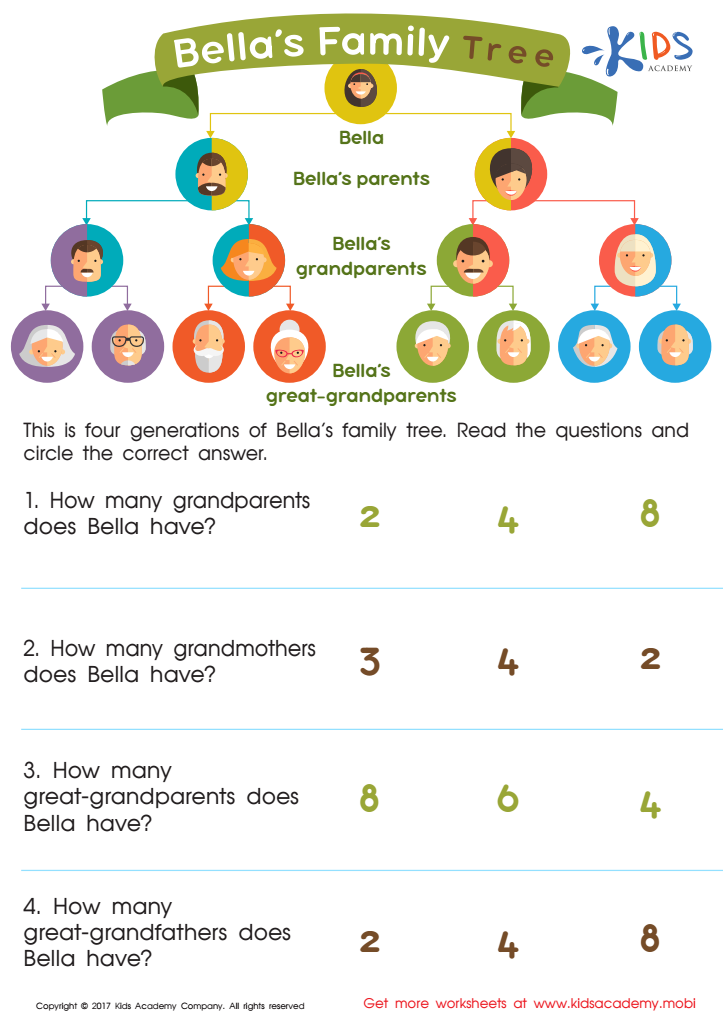

Bella's Family Tree Worksheet
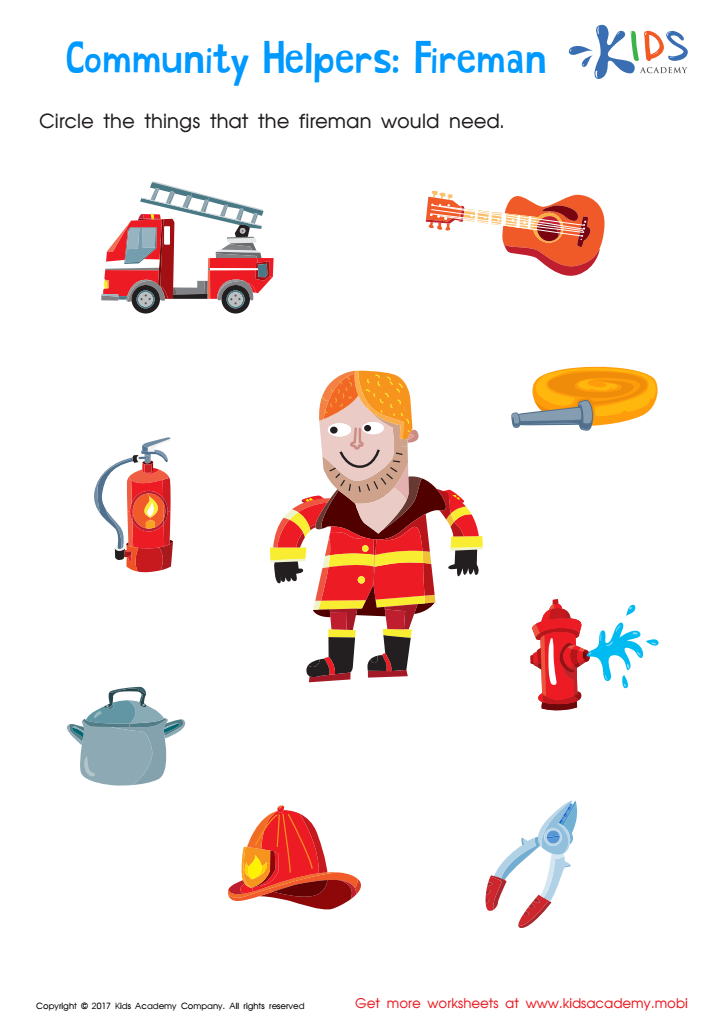

Fireman Worksheet
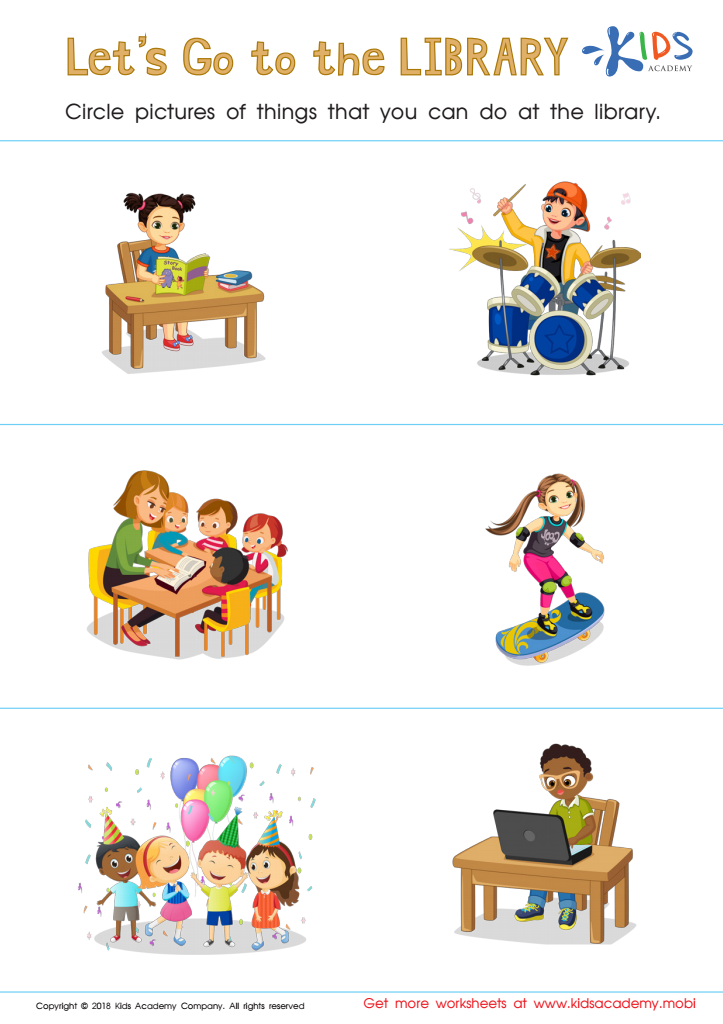

Let's Go to the Library! Worksheet
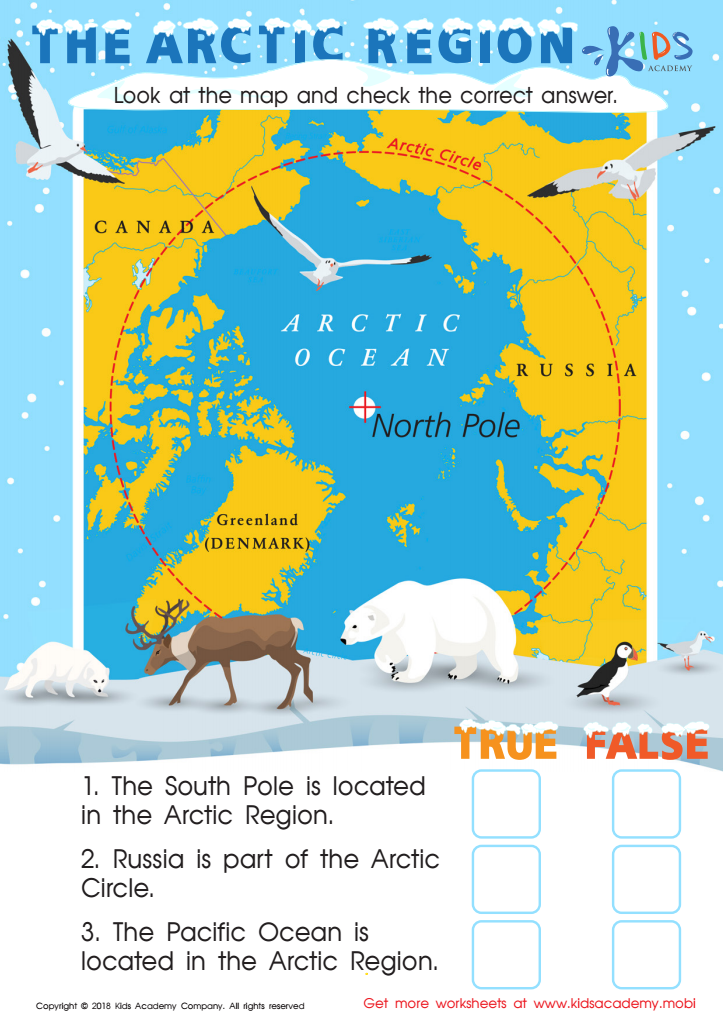

The Arctic Region Worksheet
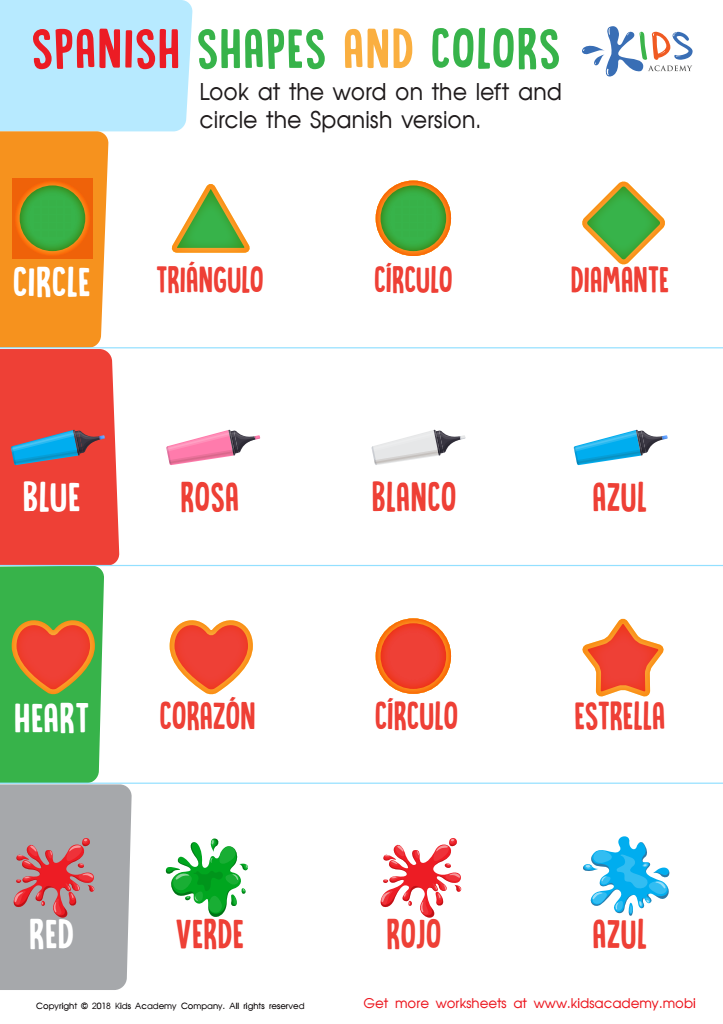

Spanish Shapes and Colors Worksheet
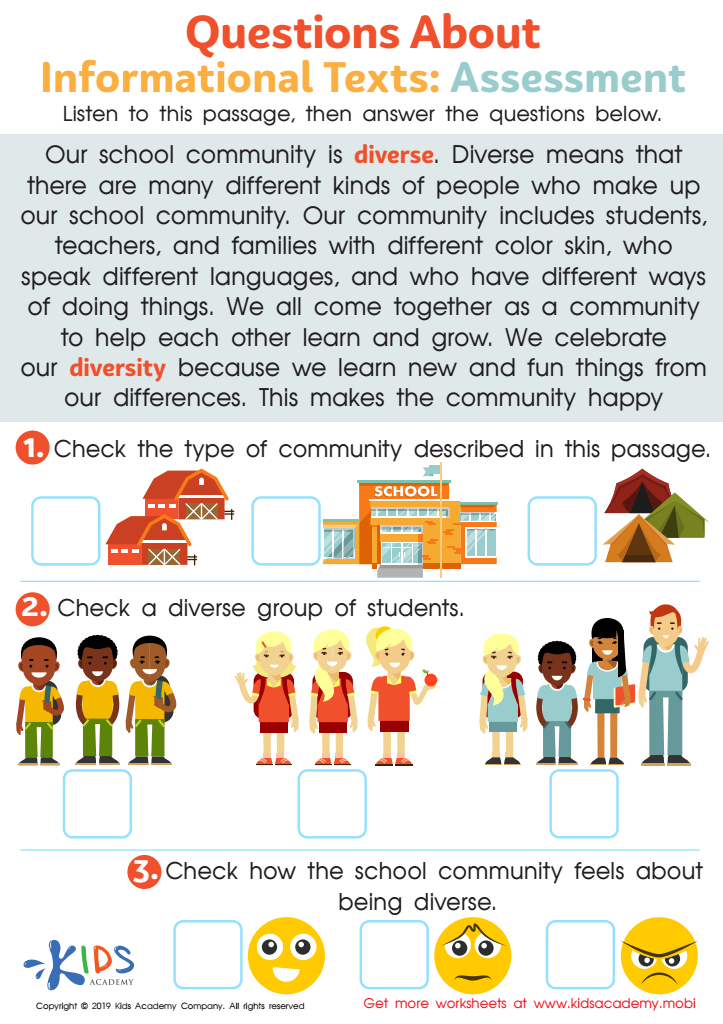

Questions About Informational Texts: Assessment 1 Worksheet
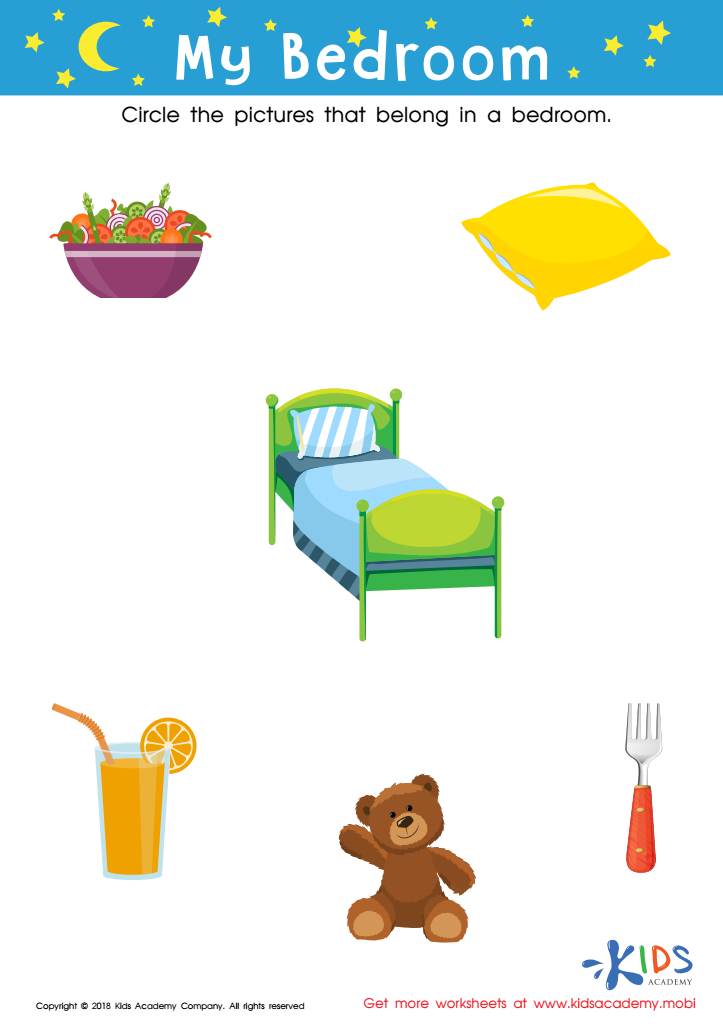

My Bedroom Worksheet
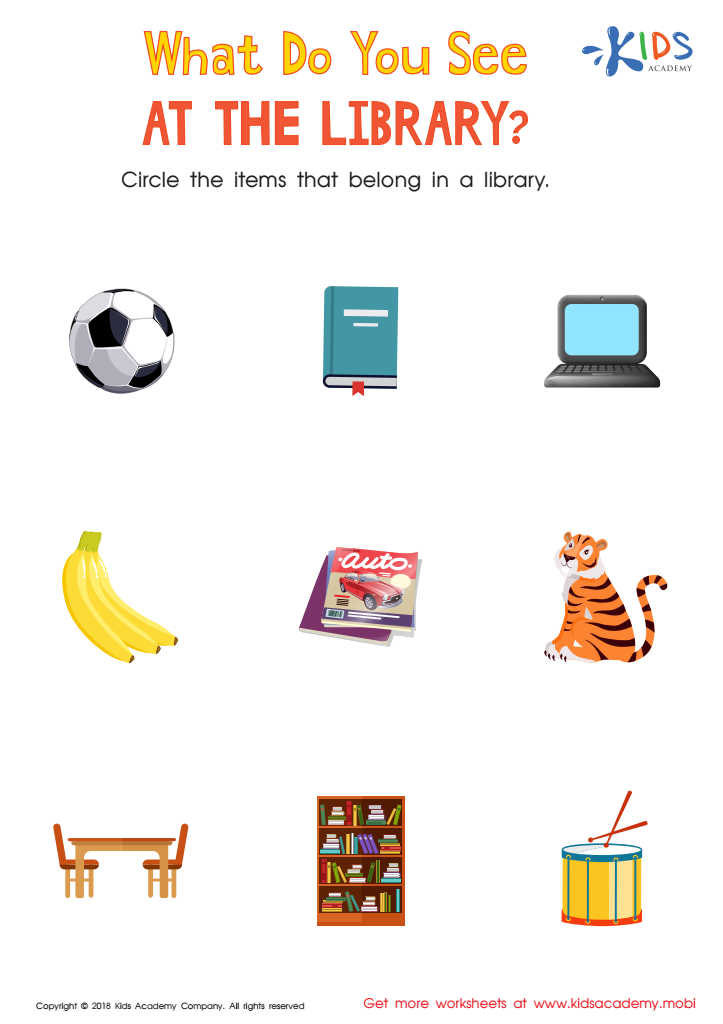

What Do you See at the Library? Worksheet
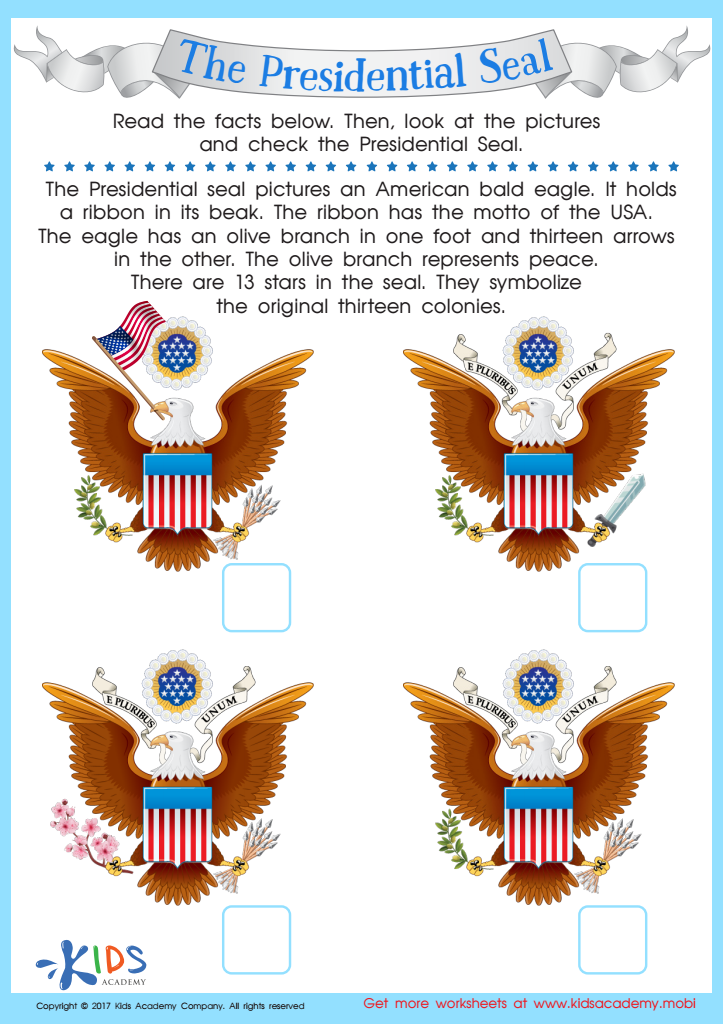

The Presidential Symbol Worksheet
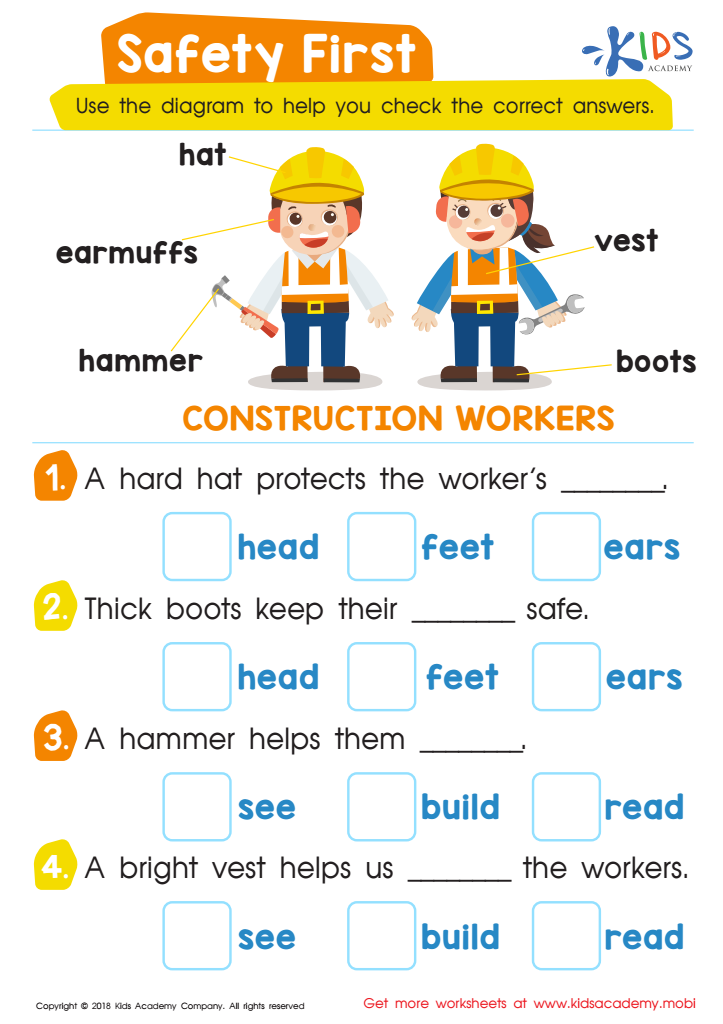

Safety First Worksheet
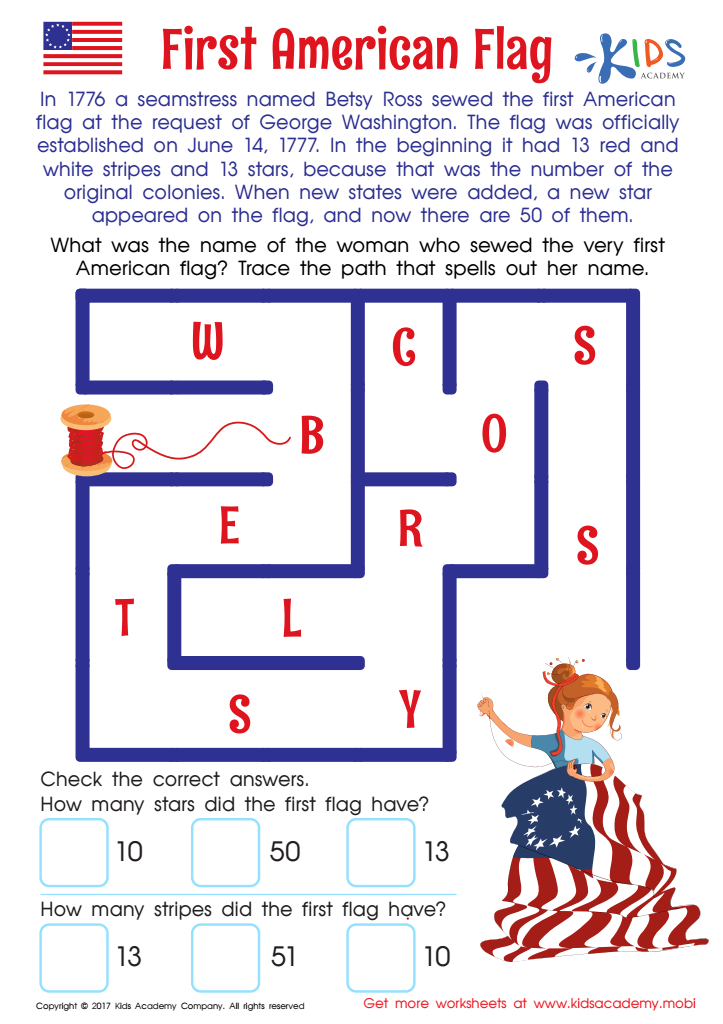

First American Flag Worksheet
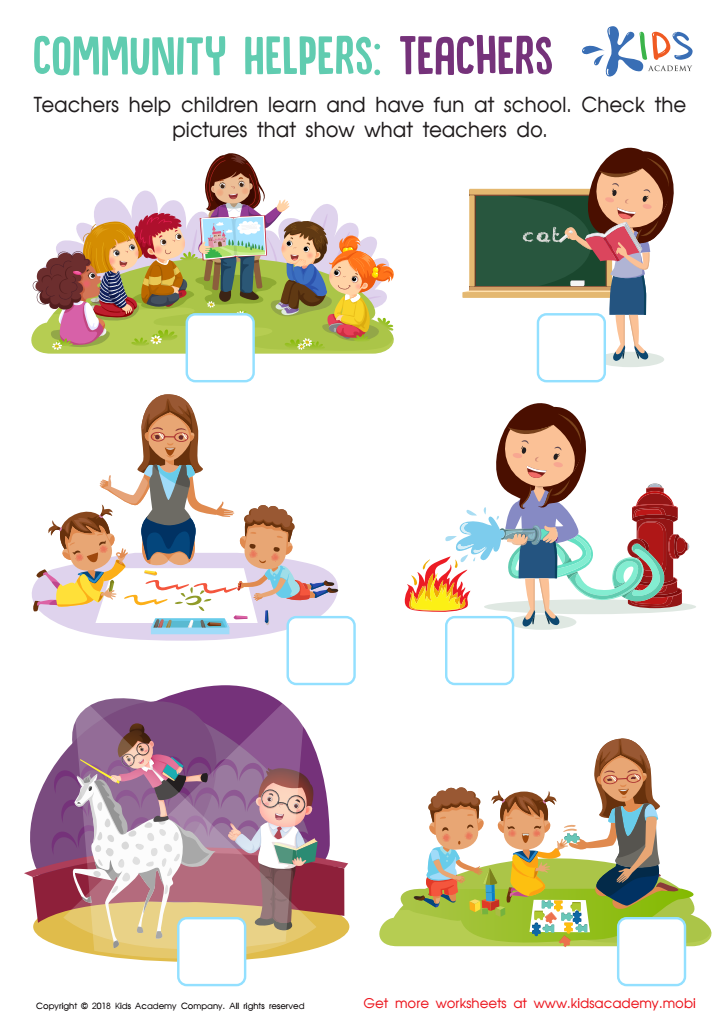

Teachers Community Helpers Worksheet
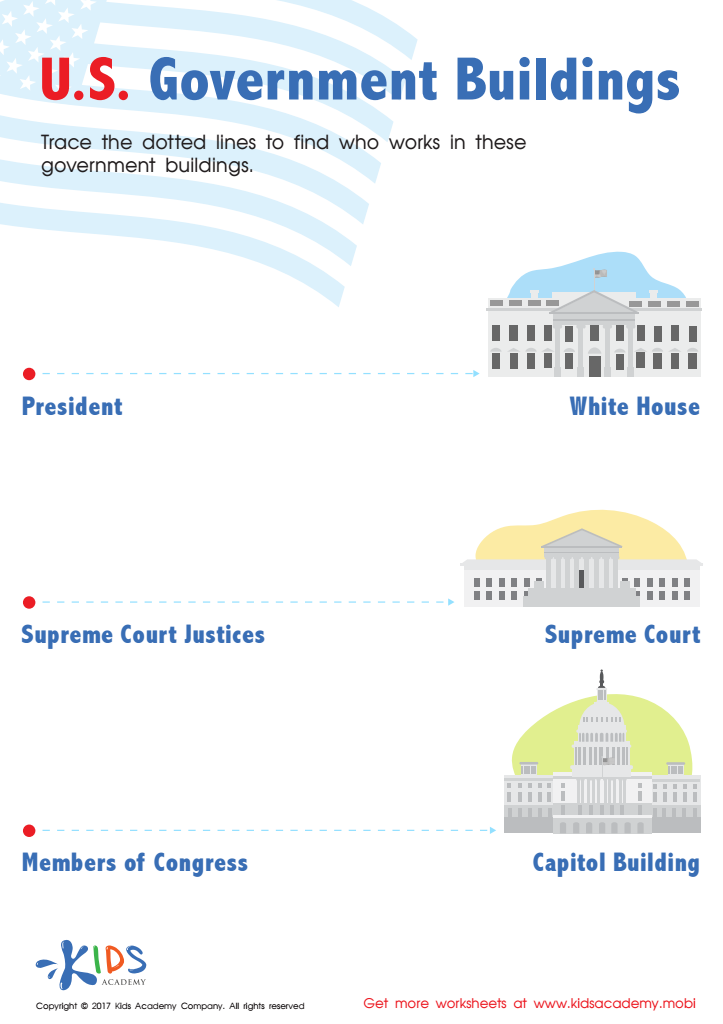

US Government Buildings Printable
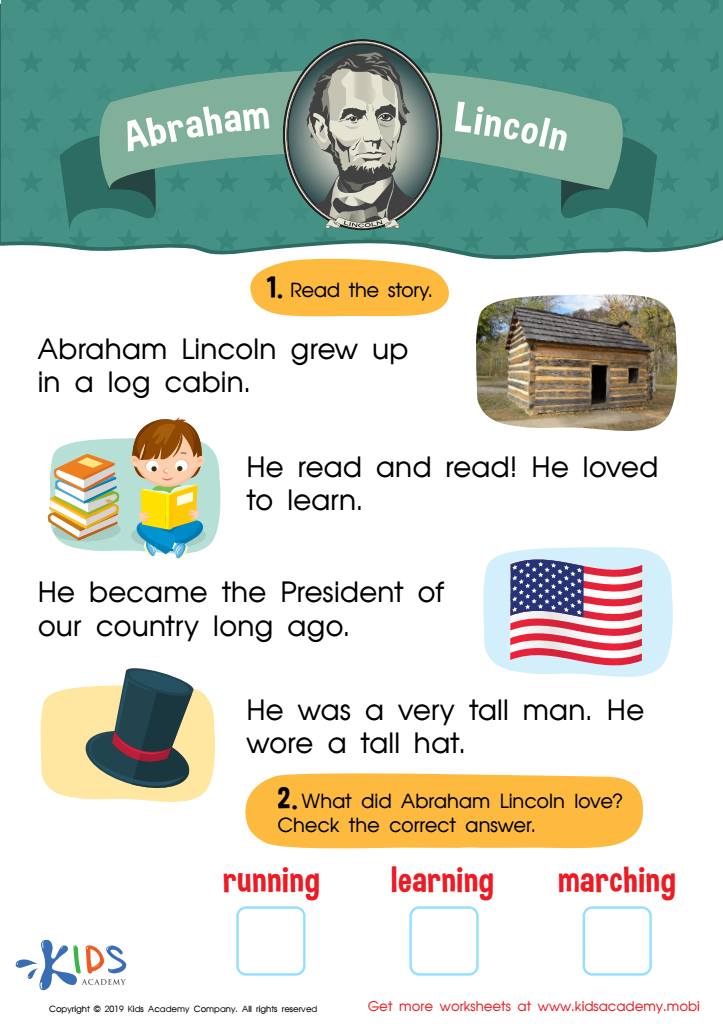

Abraham Lincoln Worksheet
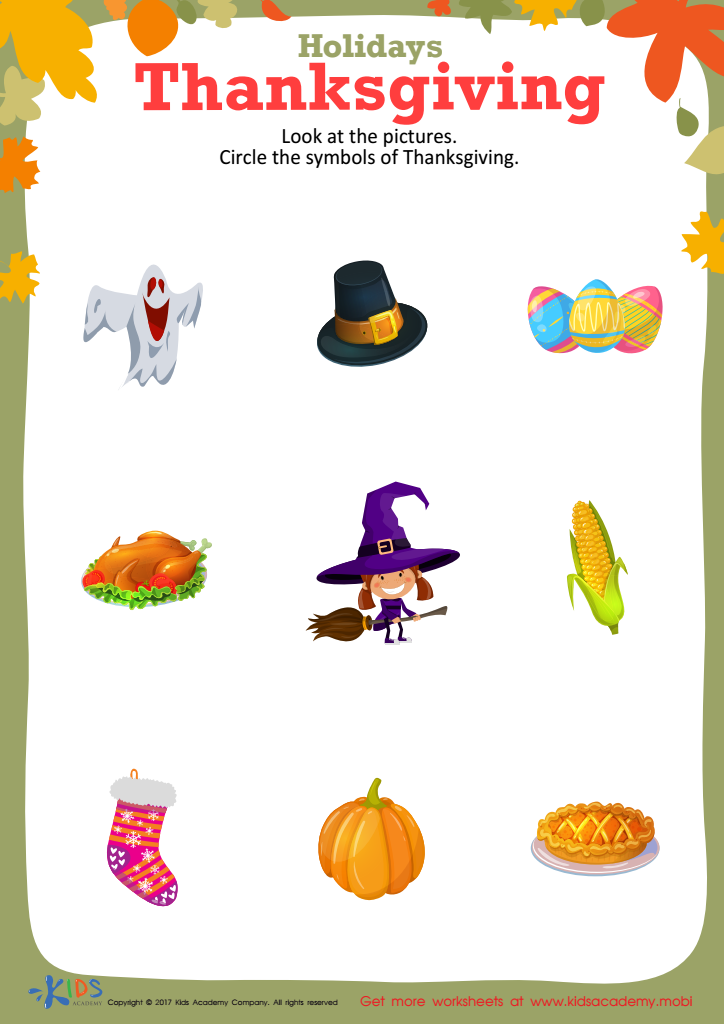

Thanksgiving Holiday Printable
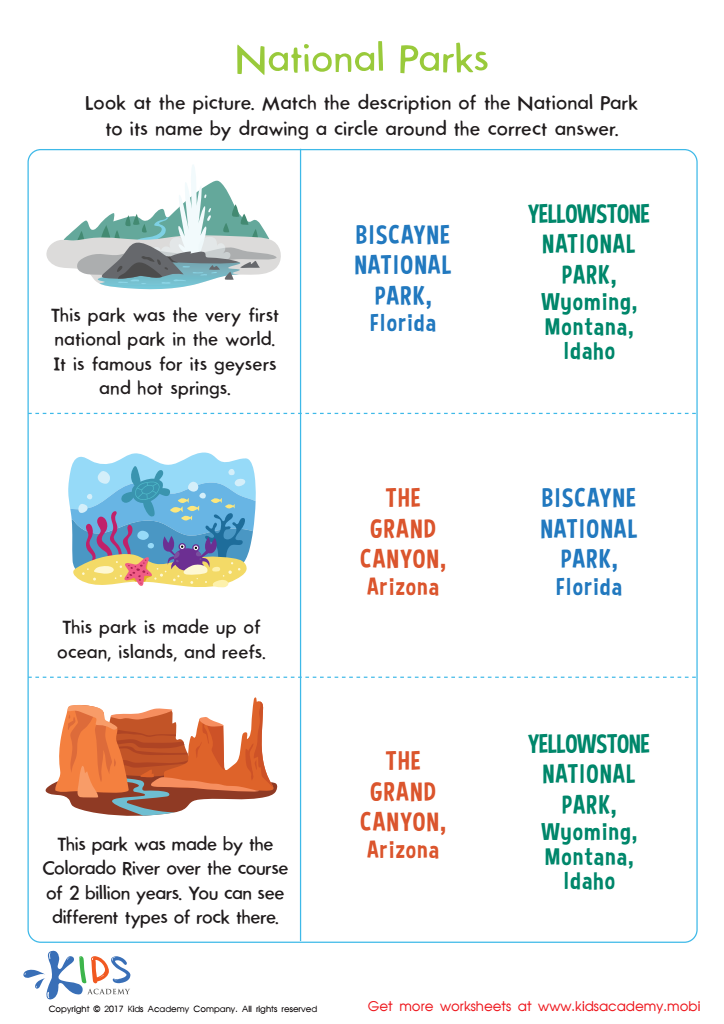

National Parks Printable
Reading comprehension in social studies for children aged 4-7 is critically important for several reasons. First, this foundational skill aids in helping young learners understand their world. At this age, children are not only acquiring vocabulary but also beginning to grasp concepts such as community, culture, and history. By nurturing reading comprehension, parents and teachers can effectively engage children in discussions about their surroundings, enhancing their curiosity and critical thinking skills.
Moreover, social studies content provides a rich context for developing literacy skills. Stories about people, places, and events help children make connections between what they read and their own experiences. This relevance bolsters motivation and retention, leading to a deeper understanding.
Additionally, good comprehension skills facilitate better learning across subjects. When children understand social studies concepts, they improve their ability to integrate and apply knowledge in various contexts, from science to math.
Lastly, fostering comprehension from an early age builds confidence and a love for learning. Engaging with social studies reading materials encourages children to ask questions, promoting dialogue between parents and teachers. This collaborative approach ensures children develop critical thinking skills that are essential for their future academic success and responsible citizenship.
 Assign to My Students
Assign to My Students
















